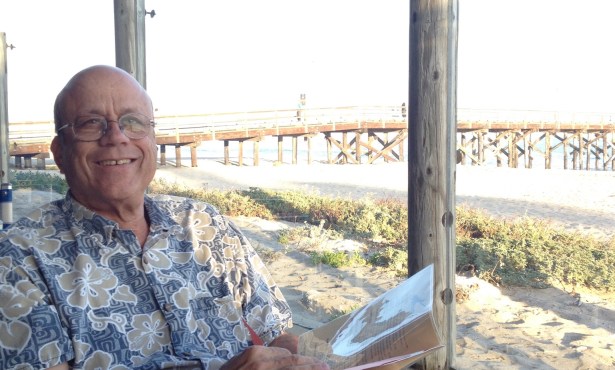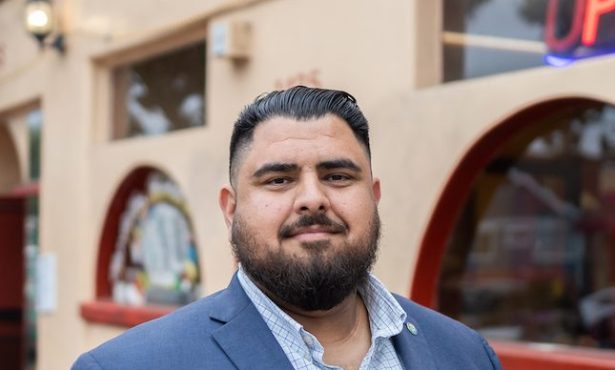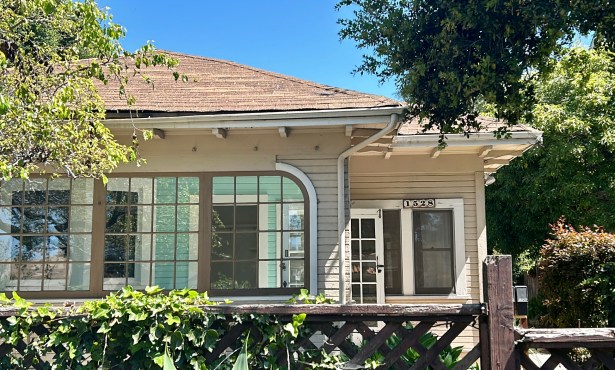Unforgettable Mistakes
Poor Choices Define Us, Smart Choices Go Unmarked
Optimists think newspapers exist to inform us. Cynics think they exist to allow advertisers access to our discerning eyeballs. They’re both wrong. The primary purpose of a newspaper is to remind us that life is woefully, wickedly unfair. And to bring us Sudoku.
I read a story in this very paper not long ago that verified life’s injustice: A young woman was boozing at a local watering hole when some barflies began bothering her and she decided to drive home. She was drunk, and planned to find a spot where she could park and sleep it off. But that’s not what happened.

In the haze of drink, in the dark of night, she made a bad decision. She pulled onto the road and slammed head-on into another car, killing its driver―an innocent wife and mother.
It was horrendously unfair, criminally so. The young woman who caused the accident will pay $1 million in damages and spend at least a dozen years in jail. And after she has done those things, she’ll spend her life reliving the moment she screwed up, wishing she could do it over, do it differently. Her egregious error will define her forever.
Is that fair? Probably.
But it got me thinking: It’s so easy to pinpoint the wretched mistakes we make in life―and so hard to know what exactly we’ve done right. The results of poor decisions haunt us tangibly, in injury or shame or loss; but the results of smart choices, prudent choices, go largely unmarked.
It’s impossible to know, for example, how many lives are spared when we don’t drive home drunk. When we opt not to order another round. Or choose to call a cab. It’s impossible to measure the success of responsible behavior; and equally impossible to ignore the flagrant results of recklessness.
So much of the feedback we get in life―and I mean direct, A+B=C feedback, not promotions or diplomas or anniversary cards―is spurred by missteps. We give in to a hot fling, we pay for it in marital damage, despite the years of fidelity that preceded it. We call our boss an ass clown, we feel the sting of lost wages and the drudge of job-hunting, regardless of how many mornings we dragged ourselves into work with a smile.
Since “bad” choices like texting while driving or taking shortcuts down dark alleys can have pronounced, life-altering results while “good” decisions like wearing a helmet and eating your vegetables merely allow us to (yawn) maintain the status quo, life is quick to floodlight our mistakes, and decades-slow to reveal our successes. Which is un-flipping-fair.
If we must bear the burden of our jumbo blunders, why can’t we revel in the rapture of our not infrequent right-ness? Okay, so we can’t look into an alternate, Bizarro-Scrooge future and see the happy results of the many smart choices we make on a daily basis. (Ah, there’s Tiny Tim! He’s alive because we decided at the last minute not to plow through that yellow light after all!) But what we can do is take more credit for the good calls we make.
Today, for example, I removed a vitamin from the counter where the dog could have reached it. I remembered to turn off the coffee pot before leaving the house. I waited till I got to a stop sign to futz with my iPod. And I told my son not to climb up the pantry shelves.
Heroic? Hardly. Just a few niggling “rights” undertaken to stave off those dreaded life-defining “wrongs.” Just a small inventory of the day’s quiet victories to balance the louder, and inevitable, screw-ups of my life.
And that―if nothing else―is fair.



